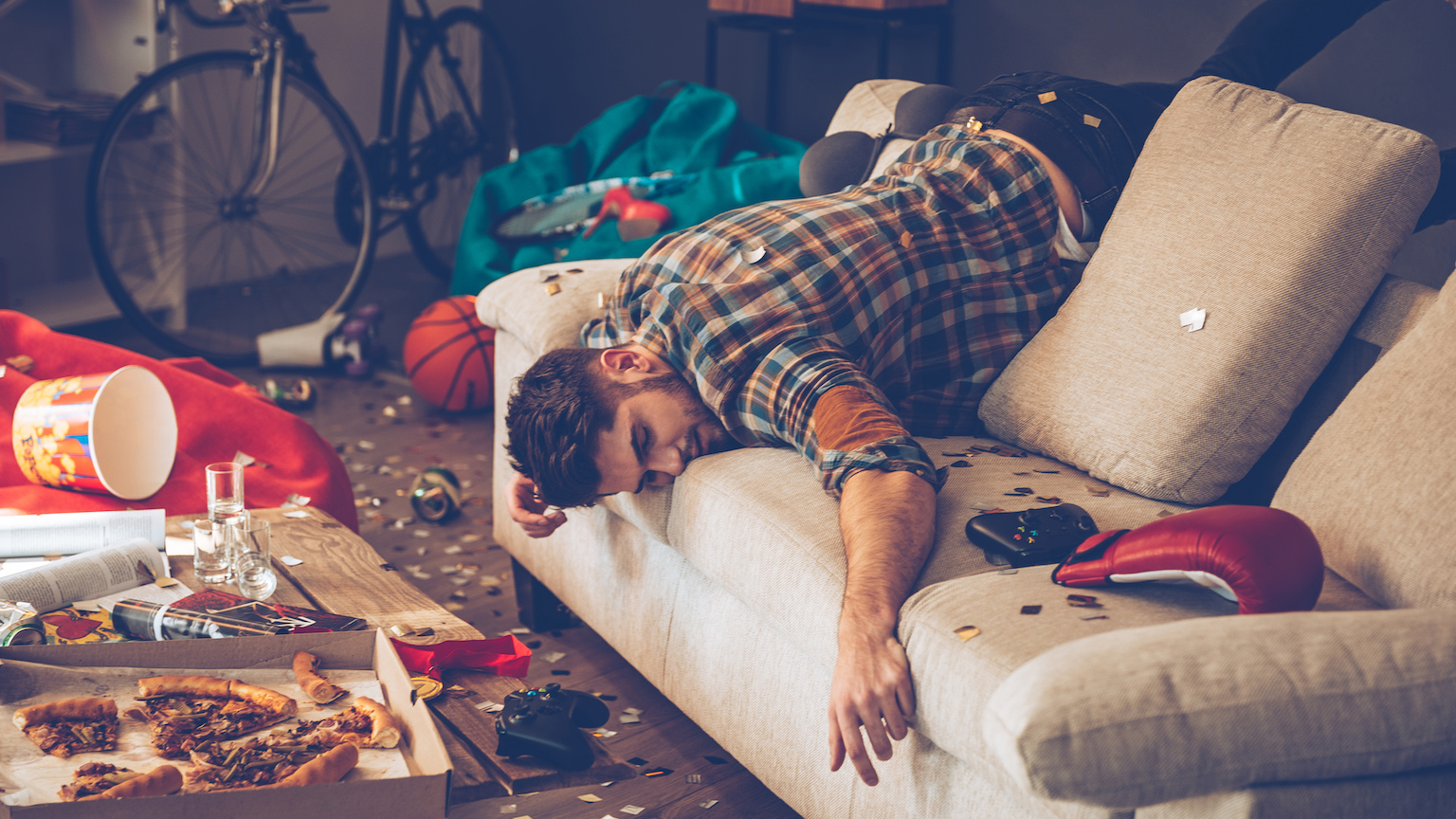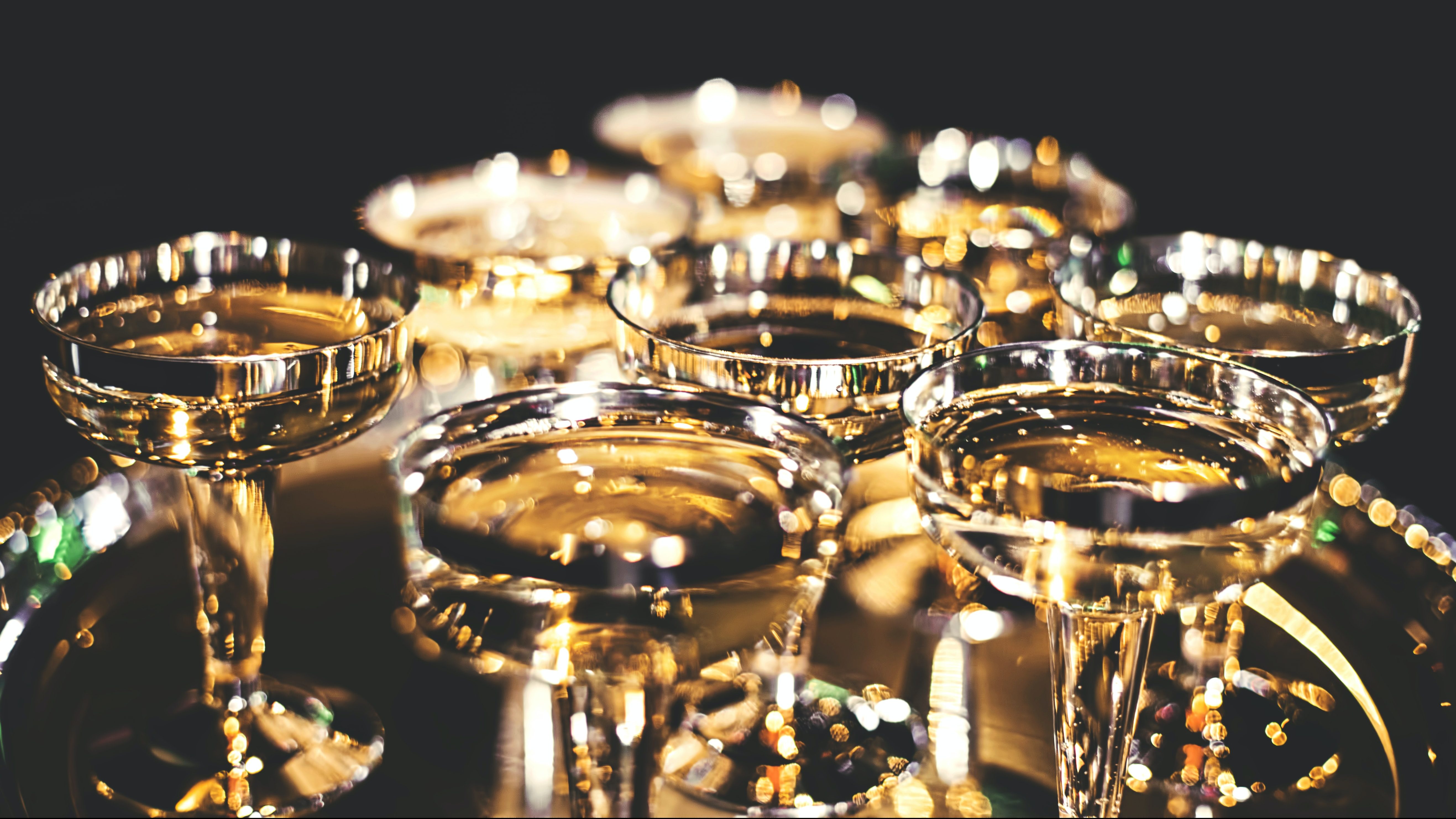There is little evidence for hangover cures

- A systematic review of the biomedical literature found that there is no convincing evidence that hangover cures exist.
- Only three potential cures might work: clove extract, tolfenamic acid, and pyritinol.
- If you don't like hangovers, then don't drink.
Many poor souls undoubtedly awoke on the morning of New Year’s Day with splitting headaches, nausea, dizziness, and general malaise: in other words, they were really hungover. Grabbing smartphones from bedside tables, they Googled “hangover cures,” hoping for something — anything — to ease their suffering.
Unfortunately, the supplements that such searches recommend are almost invariably bogus. A new systematic review published in the journal Addiction conducted by researchers with the South London and Maudsley NHS Foundation Trust in England evinces this point.
No convincing evidence
Emmert Roberts, Rachel Smith, Matthew Hotopf, and Colin Drummond scoured the published scientific literature looking for placebo-controlled, randomized trials in healthy adults that evaluated pharmacological substances for the treatment or prevention of hangover. They uncovered 21 total studies, each exploring a different treatment.
Of those 21 potential “cures,” only three — clove extract, tolfenamic acid, and pyritinol — might have potential, maybe. That is because the research was generally shoddy, with very small study groups (usually 20 subjects or fewer), different methods of ascertaining changes in hangover symptoms, and, most glaringly, various ways of getting participants hungover. For example, a trial of red ginseng for preventing hangovers only provided subjects with 2.5 shots of whiskey, while another of tolfenamic acid simply had subjects “self-assess” their drunkenness, while a different study had participants imbibe a ridiculous amount of Soju (a clear, colorless distilled alcoholic beverage from Korea).
Clove extract, tolfenamic acid, and pyritinol were thought to be most promising because they resulted in the greatest reduction in hangover symptoms compared to placebo, with solid statistical significance. All three substances were quite safe when administered — 250 mg for clove extract, two 200-mg doses for tolfenamic acid, and three 400-mg doses of pyritinol spaced out at three-hour intervals. However, for the reasons given above, the evidence supporting them was considered to be of “very low quality.”
“Should individuals thus choose to take any of the trialled interventions, the majority of which are available without the need for prescription or input from a health professional, despite the very low quality nature of the evidence promoting their efficacy, they are unlikely to experience significant harm,” the reviewers say.
A key note, however: None of the reviewed studies actually revealed hangover “cures.” All of the substances were given prior to, during, or immediately after drinking. In other words, you won’t be able to wake up in rough shape after a night of boozy frivolity, down some clove extract with your morning coffee, and expect to be right as rain soon thereafter.
The best “hangover cure” is boring
Curiously absent from the “hangover cure” biomedical literature were studies of pain relievers like aspirin or ibuprofen, which absolutely can help reduce the headaches and other bodily pains associated with hangovers. However, “Don’t take acetaminophen (Tylenol),” warns the Harvard Medical School. “If alcohol is lingering in your system, it may accentuate acetaminophen’s toxic effects on the liver.”
Better options for treating or preventing a hangover include staying hydrated before, during, and after drinking; getting decent sleep after your alcohol adventures; eating a decent breakfast the following morning; and, if you can stomach it, a bout of light exercise. Lead author Dr. Emmert Roberts also offered a more obvious and surefire way of preventing hangover symptoms: “Abstain from alcohol or drink in moderation.”
But what’s the fun in that?





